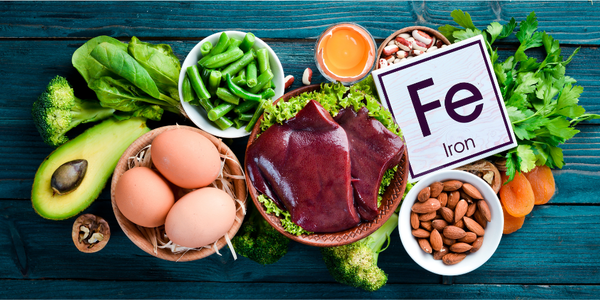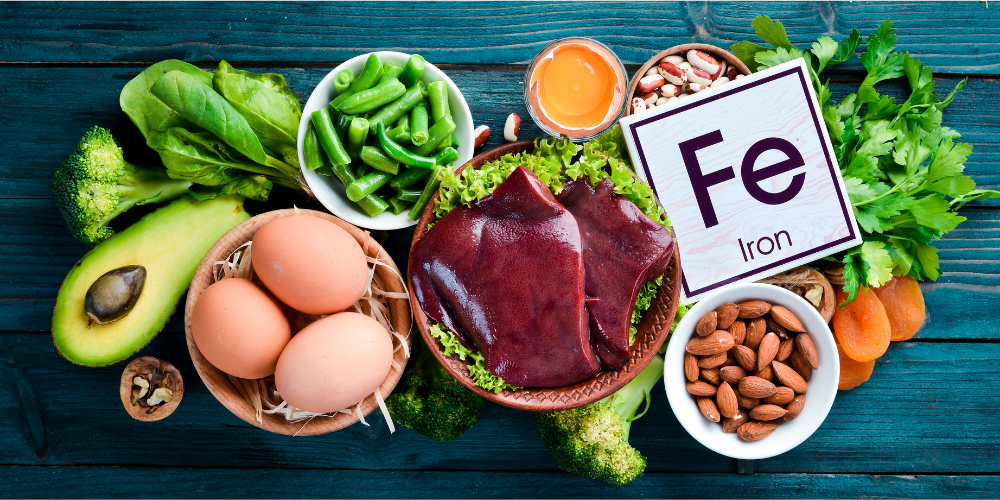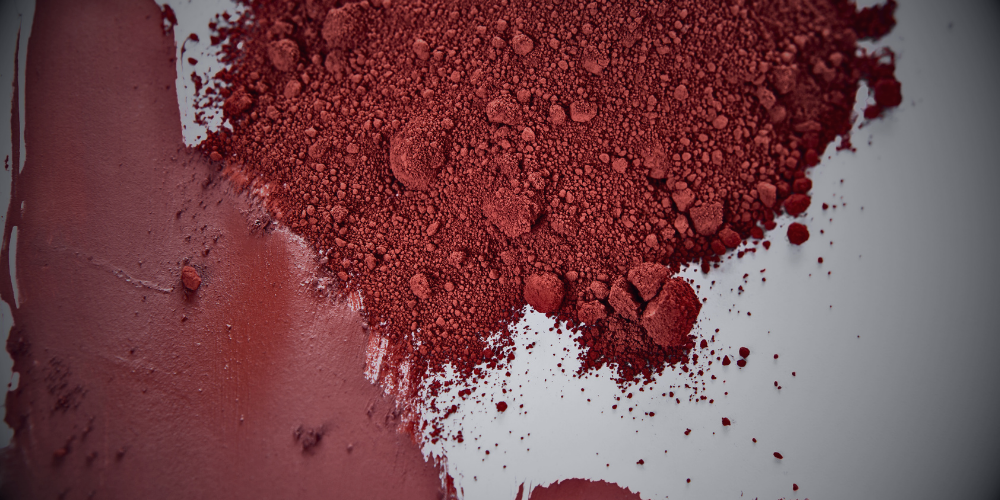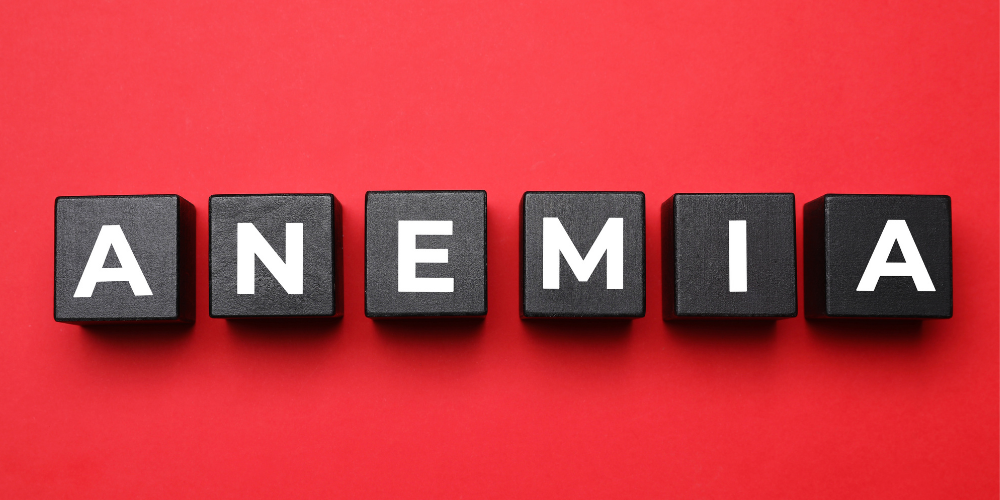
What are the symptoms of an iron deficiency?

Iron deficiency is the most common nutritional deficiency in the world. This mineral is essential for carrying oxygen through the blood to all our organs and tissues. When iron levels are too low, more or less obvious symptoms may appear that should not be ignored.
Most common symptoms
Tiredness and weakness
Do you ever feel constantly tired or lacking energy? Chronic fatigue and generalized weakness are among the most common signs of an iron deficiency. They may be accompanied by shortness of breath and difficulty with physical activity.
Difficulty concentrating and headaches
When the body doesn't receive enough oxygen, the brain also suffers. This is why iron deficiency can manifest itself with concentration problems, irritability, and recurring headaches.
Other lesser-known symptoms
Not only tiredness and weakness: iron deficiency can also give rise to more particular symptoms, such as:
-
dry mouth or unusual urge to chew ice
-
hair loss
-
difficulty swallowing
-
brittle or deformed nails
-
uncontrollable urge to move the legs, especially at night (restless legs syndrome)
How to be sure
Recognizing the symptoms is important, but to determine if you're actually suffering from an iron deficiency, a blood test is necessary. It's best to discuss this with your doctor, who can assess your situation and suggest the most appropriate course of action, from diet to possible supplementation.
Conclusion
Iron deficiency is much more common than you might think and often goes unnoticed. Paying attention to the signals your body sends is the first step to taking care of yourself.
If you suspect a deficiency, always consult a professional for an accurate diagnosis and personalized advice.


